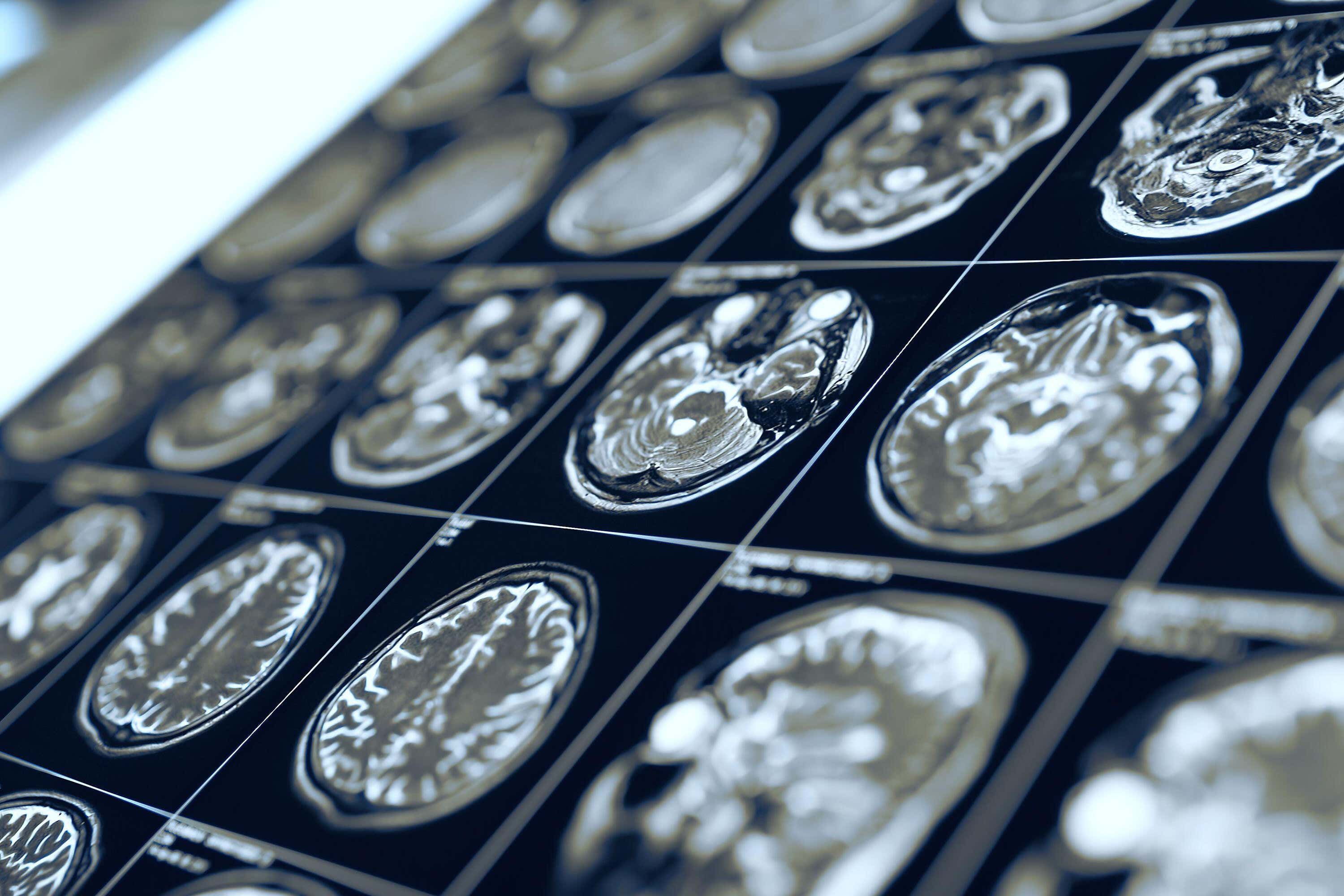MRI scans reveal the damage long Covid does to your brain
Researchers suggested lasting Covid symptoms might be an indirect effect of brainstem inflammatory injury

Damage to the brainstem could be responsible for symptoms of long Covid, such as breathlessness and fatigue, a study has suggested.
Powerful MRI scanners were used to examine patients who had been admitted to hospital with Covid-19, which showed “long-lasting brain changes”.
This was “likely caused by an immune response to the virus”, researchers said.
People with Covid-19 usually feel better within a few days or weeks, although for some people symptoms can last longer.
The condition, also known as long Covid, can cause extreme tiredness, shortness of breath, brain fog, dizziness, heart palpitations and muscle aches.
Scientists at the University of Cambridge used ultra high-resolution scanners, known as 7-Tesla or 7T scanners, that show the living brain in fine detail.
Symptoms of long COVID
The most common symptoms of long COVID, according to the NHS:
extreme tiredness (fatigue)
feeling short of breath
problems with your memory and concentration (“brain fog”)
heart palpitations
dizziness
joint pain and muscle aches
Dr Catarina Rua, of the university’s department of clinical neurosciences, said: “Things happening in and around the brainstem are vital for quality of life, but it had been impossible to scan inflammation of brainstem nuclei in living people, because of their tiny size and difficult position.
“Usually, scientists only get a good look at the brainstem during post-mortem examinations.”
The team scanned the brains of 30 patients with Covid-19 who had been admitted to hospital with Covid-19 during the pandemic.
Their results were compared with the scans of 51 people with no history of infection.
The results showed multiple regions of the brainstem, which connects the brain and spinal cord and regulates many bodily functions, had abnormalities associated with a neuroinflammatory response.

The abnormalities appeared weeks after patients were admitted to hospital with Covid-19, and in parts of the brain responsible for breathing control.
Researchers suggested “lasting symptoms might be an indirect effect of brainstem inflammatory injury following Covid-19”.
Changes were also “more evident in patients with longer hospital stays, higher Covid severity, more prominent inflammatory responses and worse functional outcomes”, they added.
Dr Rua said: “The fact that we see abnormalities in the parts of the brain associated with breathing strongly suggests that long-lasting symptoms are an effect of inflammation in the brainstem following Covid-19 infection.
“These effects are over and above the effects of age and gender, and are more pronounced in those who had had severe Covid-19.”
Professor James Rowe, who co-led the study, added: “Mental health is intimately connected to brain health, and patients with the most marked immune response also showed higher levels of depression and anxiety.
“Changes in the brainstem caused by Covid-19 infection could also lead to poor mental health outcomes, because of the tight connection between physical and mental health.”
The 7T scanners were able to detect how immune cells are behaving, according to Prof Rua.
“This was an incredible collaboration, right at the peak of the pandemic, when testing was very difficult, and I was amazed how well the 7T scanners worked,” she added.
Prof Rowe said: “People who were very sick early in the pandemic showed long-lasting brain changes, likely caused by an immune response to the virus. But measuring that immune response is difficult in living people.
“Normal hospital type MRI scanners can’t see inside the brain with the kind of chemical and physical detail we need.”
Prof Rowe said the findings, published in the journal Brain, could help treat long Covid more effectively.
“The brainstem is the critical junction box between our conscious selves and what is happening in our bodies,” he said.
“The ability to see and understand how the brainstem changes in response to Covid-19 will help explain and treat the long-term effects more effectively.”
The study was supported by the NIHR Cambridge Biomedical Research Centre, the NIHR Oxford Biomedical Research Centre, and the University of Oxford COVID Medical Sciences Division Rapid Response Fund.
Join our commenting forum
Join thought-provoking conversations, follow other Independent readers and see their replies
Comments
Bookmark popover
Removed from bookmarks